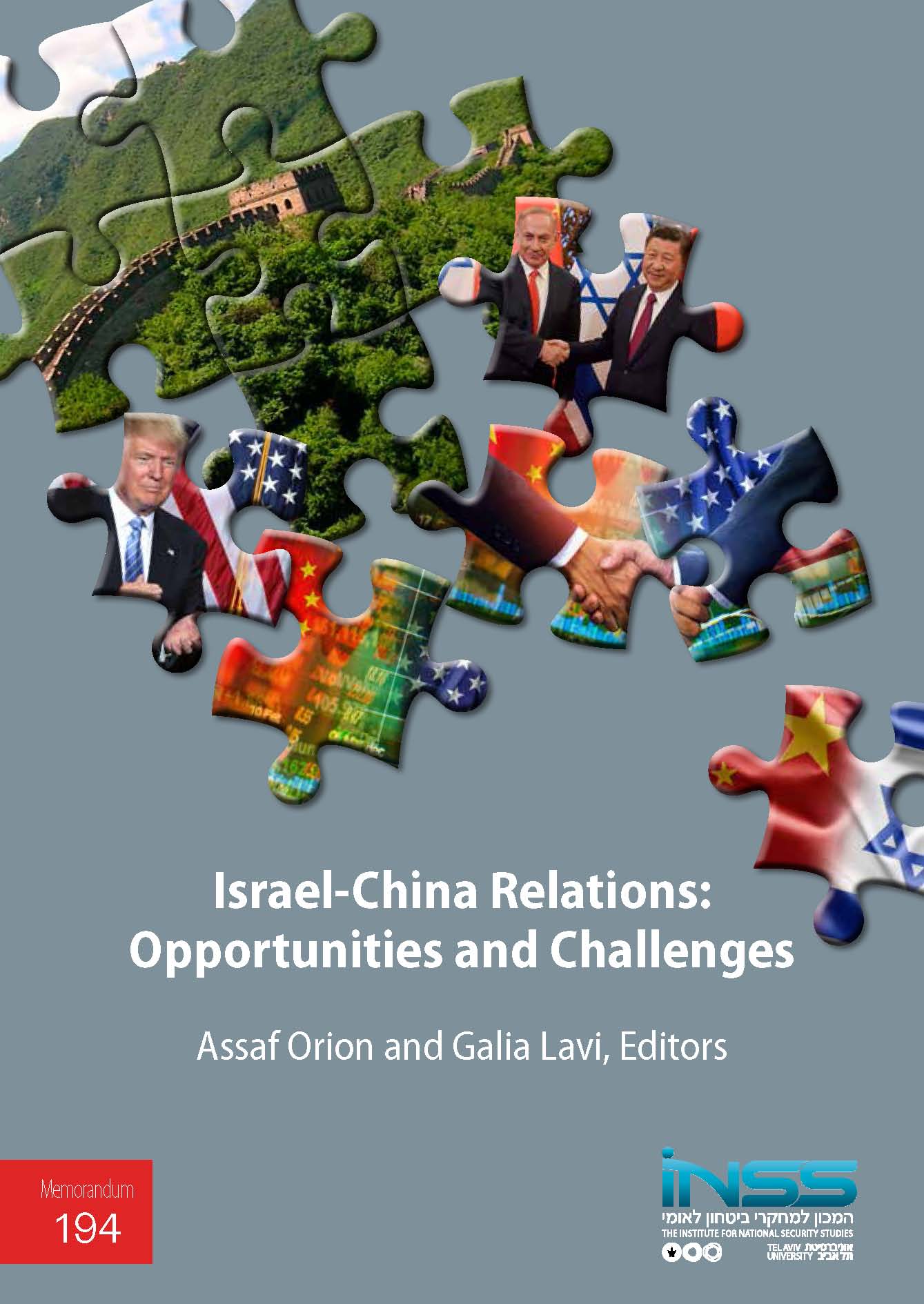Publications
Memorandum No. 194, INSS, August 2019

A series of reports in Australia on Chinese influence on Australia’s economy, political arena, and academic world has led to public protest, and elected officials on the Australian continent were forced to pass new legislation and impose regulations to curb foreign influences in politics and tighten regulation on investments. The tension at universities intensified to the point where China was compelled to issue a rare warning to Chinese students in Australia out of concern for their safety, after a number of incidents where Chinese students were beaten and racist pamphlets were circulated at two universities in Melbourne. These events are presumably not connected to Israel. While Australia and Israel are democratic countries with free market economies and both have the same strategic partner in the United States, their relationships with China are completely different. Australia, whose diplomatic relations with Communist China began in 1972, is of considerable importance to China, which describes relations between the two countries as a “strategic partnership of mutual benefit.” Australia’s proximity to the South China Sea – China claims sovereignty over most of this body of water – alongside its connections and ability to influence countries in the Asia-Pacific region are elements of Australia’s considerable strategic importance from China’s perspective.
In addition, the economic connections between the countries are strong, as is their dependence on one another. China maintains extensive trade relations with Australia. In contrast, despite the establishment of diplomatic relations between Israel and China in 1992, the economic relations between the two countries are still in their infancy, with total two-way trade valued at $9.8 billion (not including diamonds) in 2017,2 amounting to only 9 percent of Israel’s total trade. China’s main interest in Israel is in local innovation capabilities, as is made clear when relations between the countries are defined as an “Innovative Comprehensive (but not strategic) Partnership,” and as evidenced by numerous Chinese investments in the Israeli tech industry. From a geostrategic perspective, Israel is not located within China’s primary region of influence, and it is of minor significance in the issues leading the Chinese agenda. Furthermore, China’s need to import oil from the Middle East creates a certain dependence on Saudi Arabia, Iran, and Iraq, which affects its overall considerations and interests and makes Israel secondary. Yet despite the considerable differences between Israel and Australia, Israel can learn from the recent events on the distant continent. This article will examine three areas – economy, politics, and academia – in which China’s influence has been evident in Australia, and consider these same areas in the Israeli context. The purpose of the article is to identify the potential influence of China and other foreign countries on Israel, and consider different ways to address this challenge. The Israeli government and the other relevant bodies will need to find suitable ways to ensure continued productive cooperation with foreign countries, while ensuring the independence of Israel and its institutions, and its long term well being.


